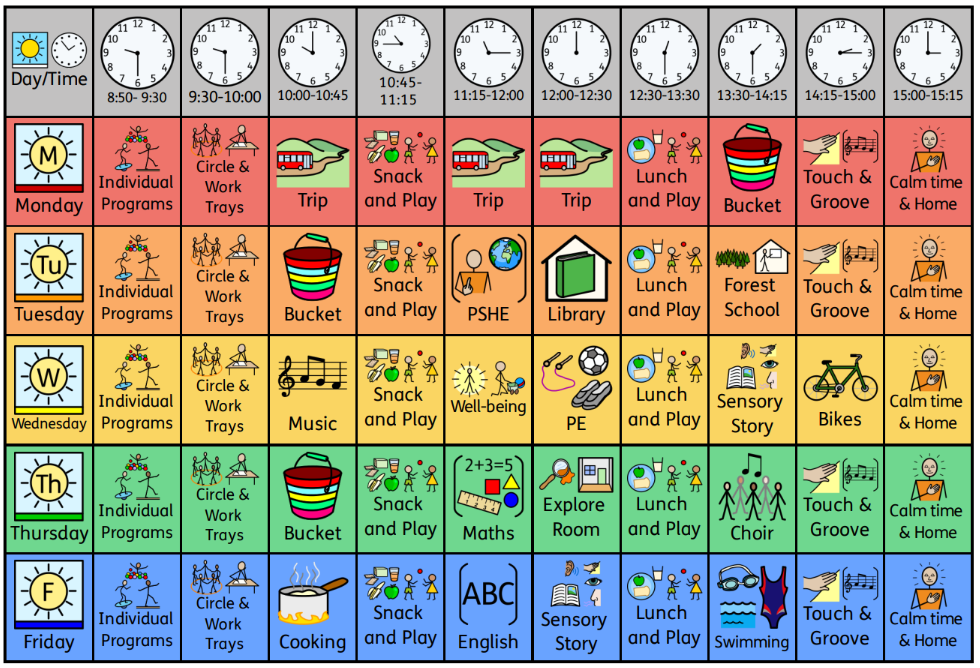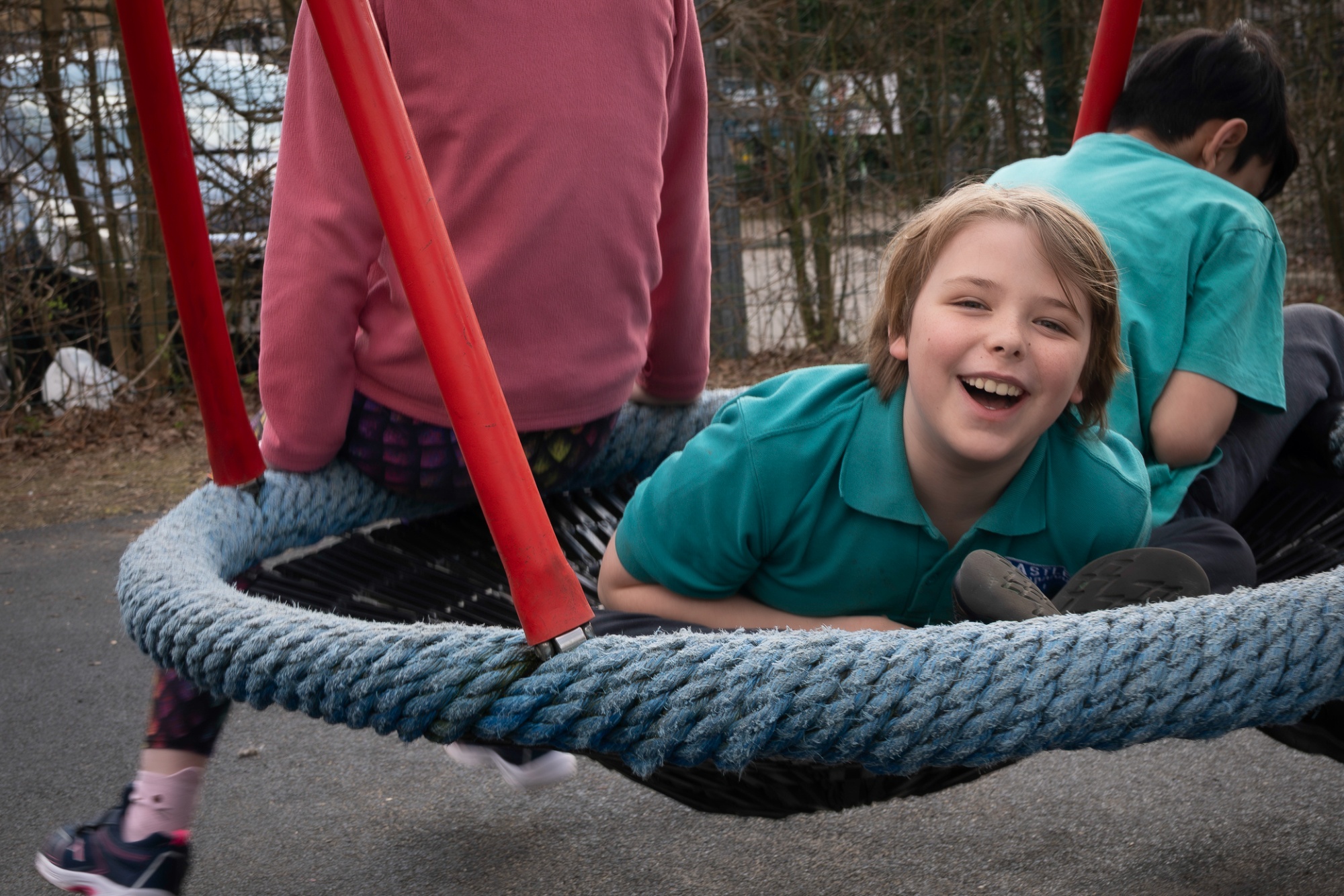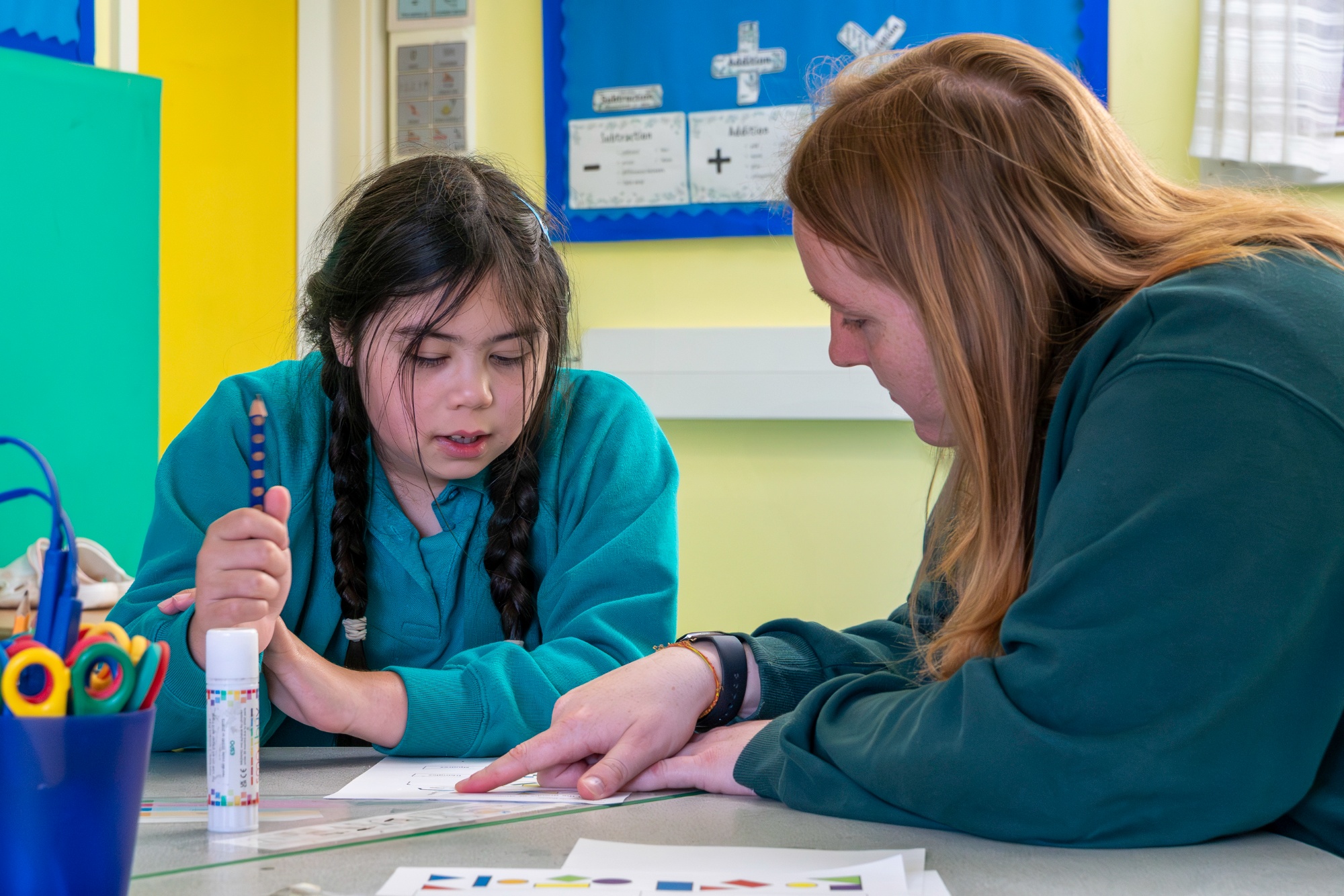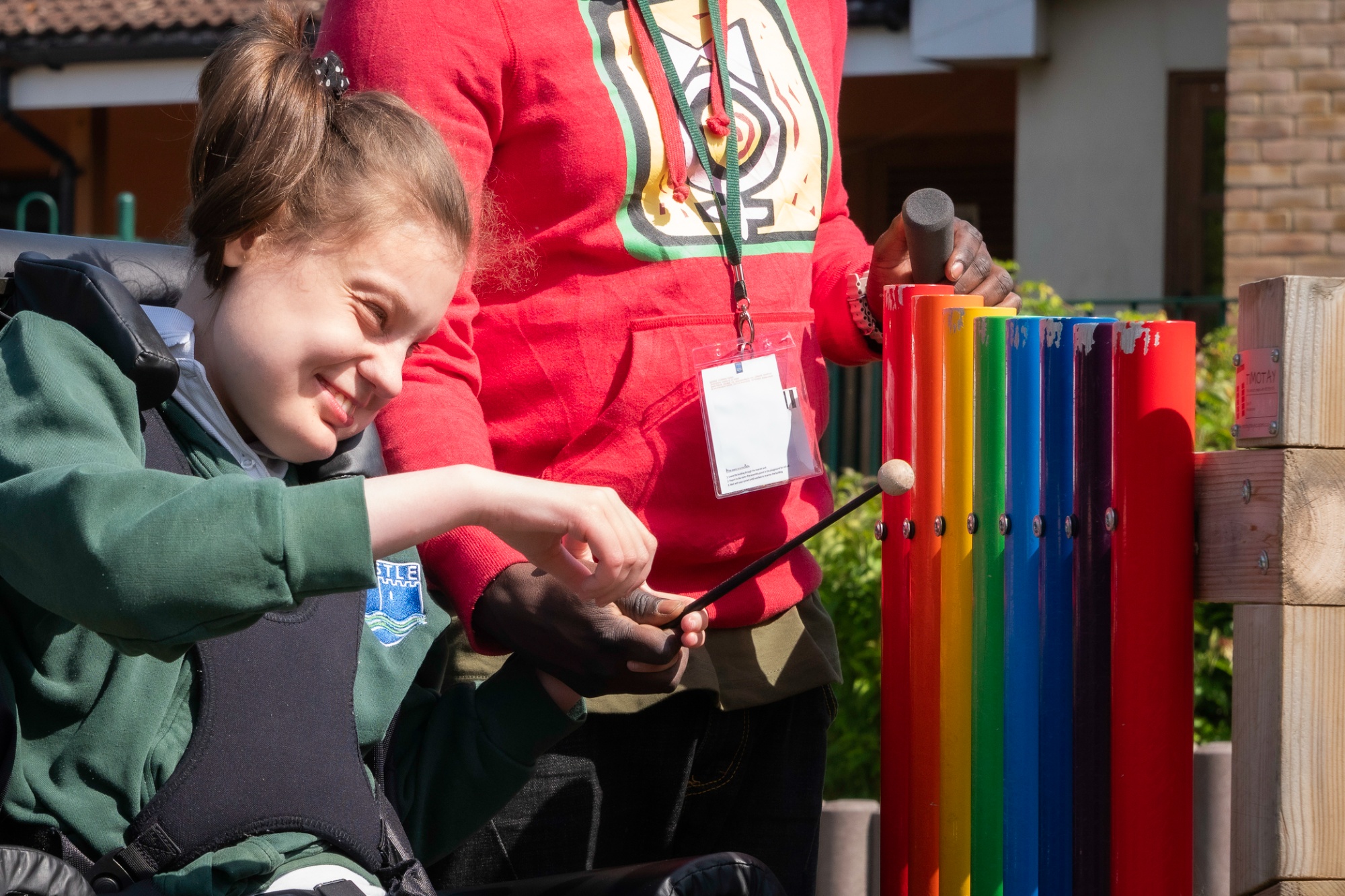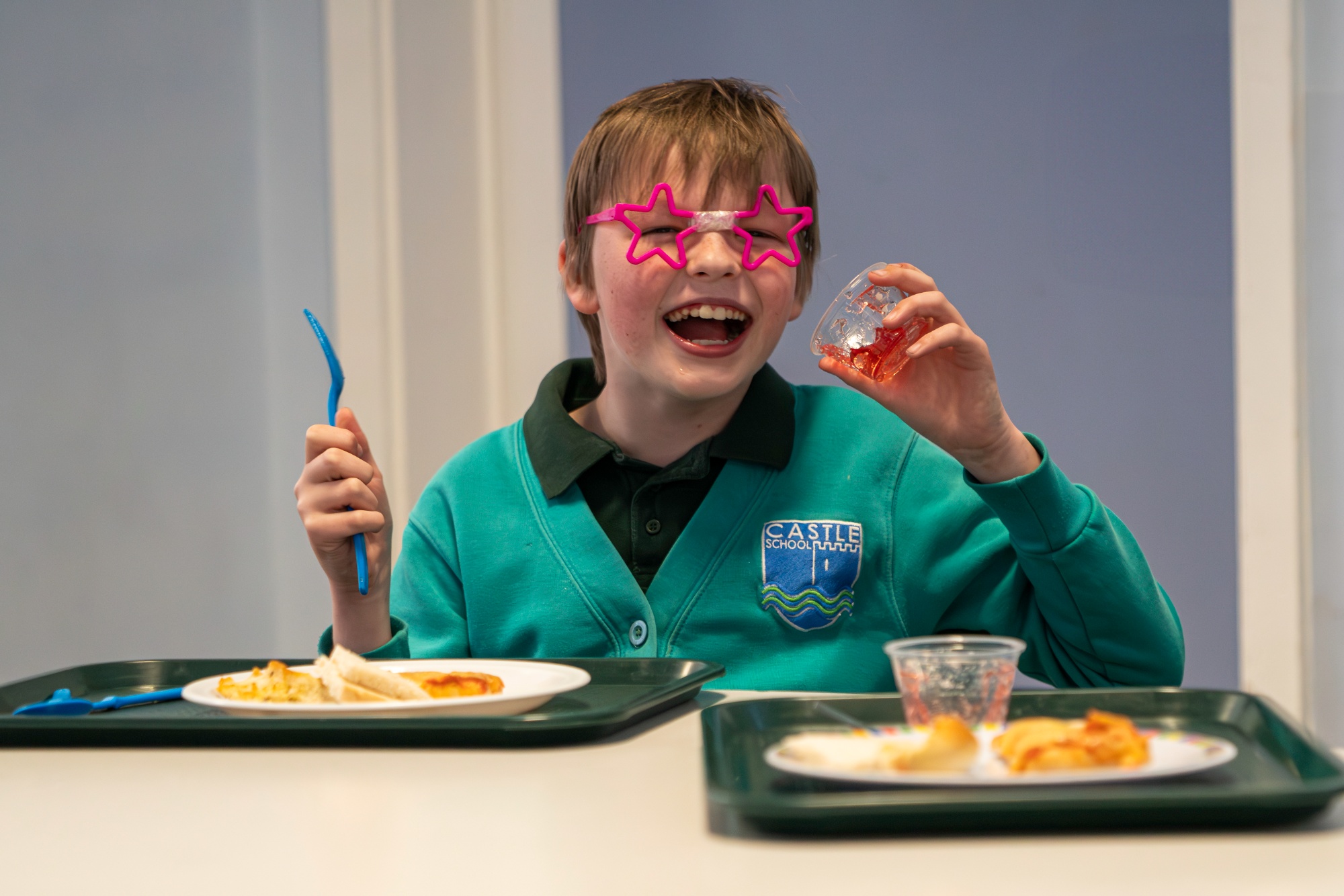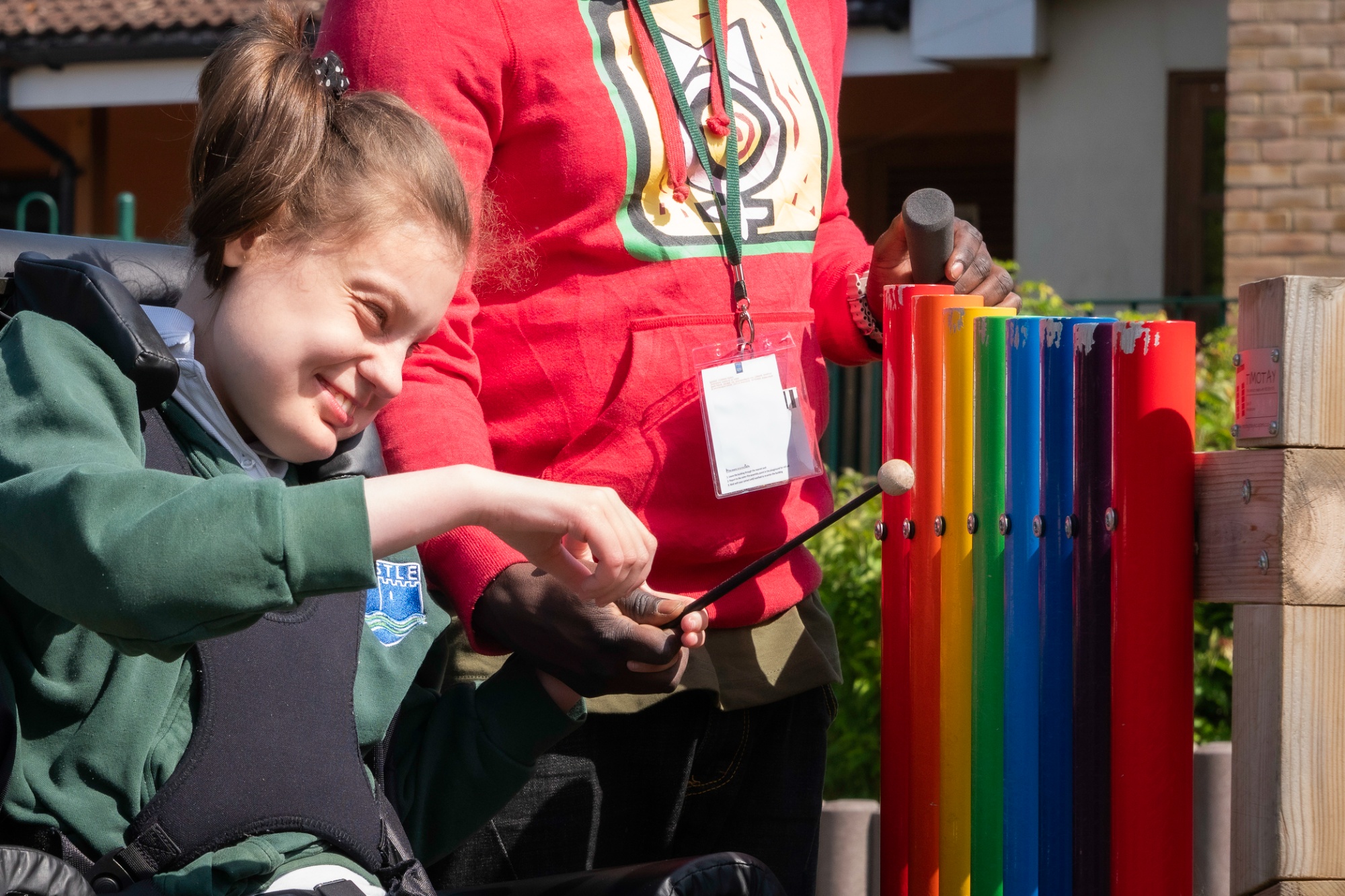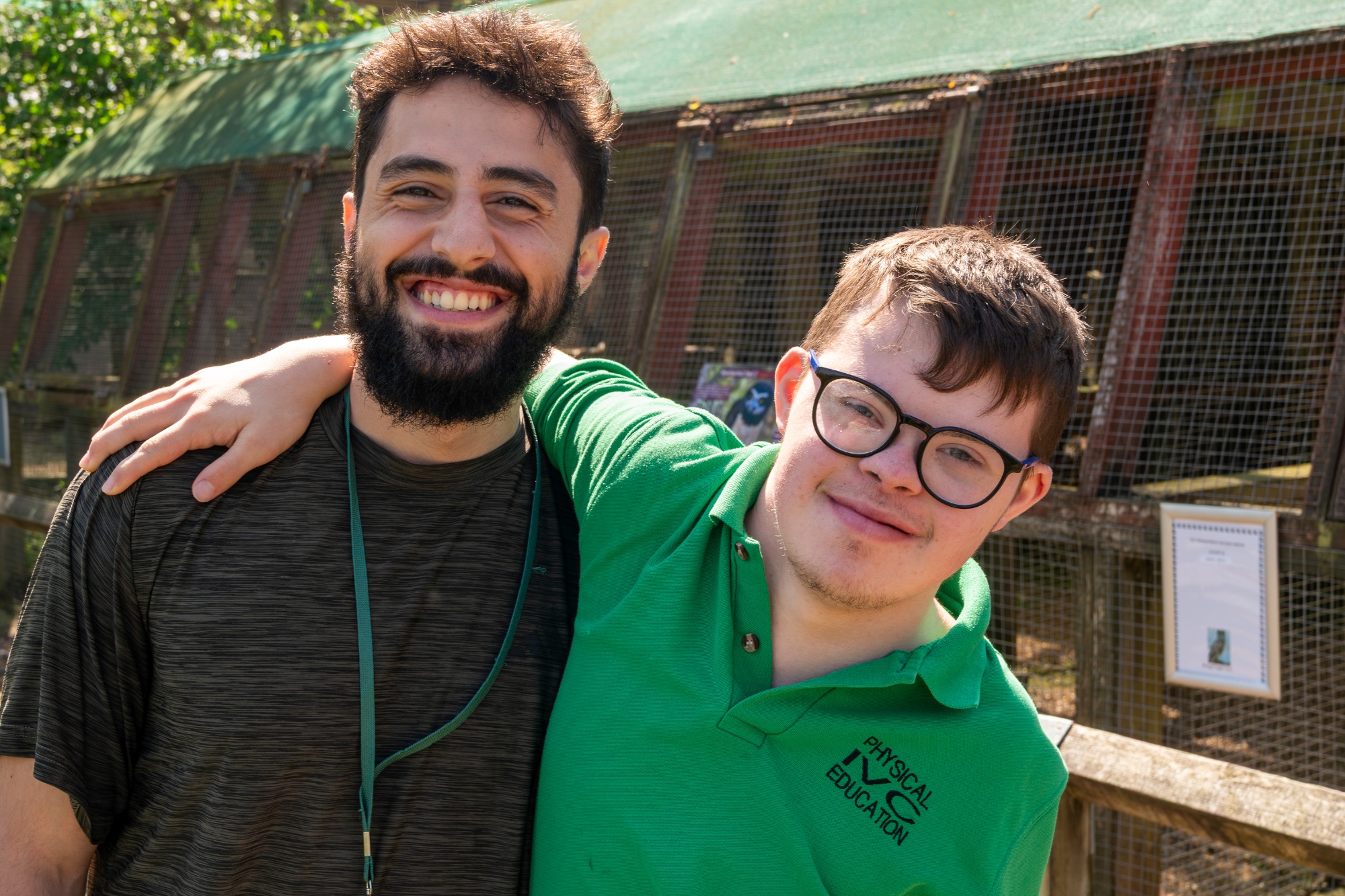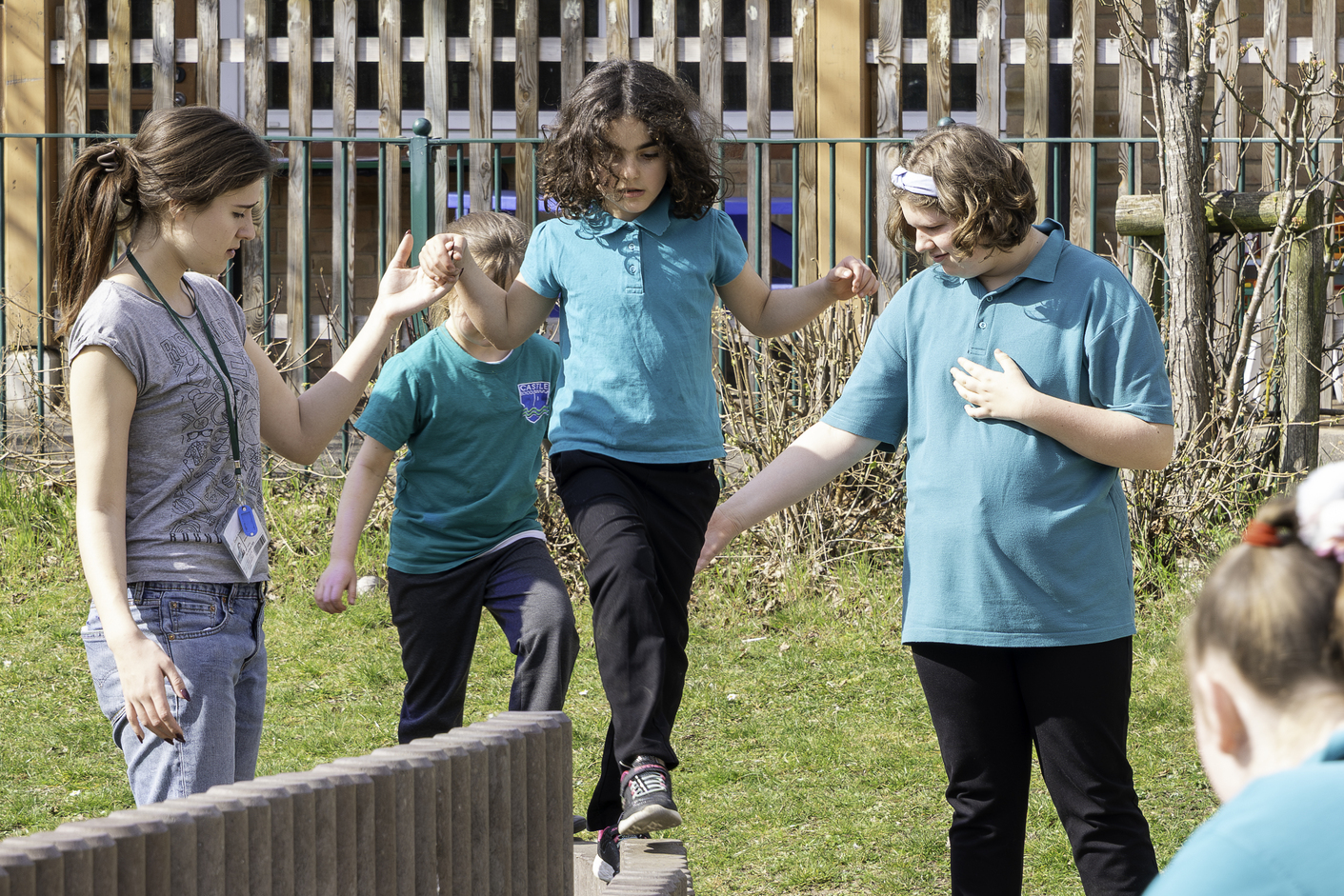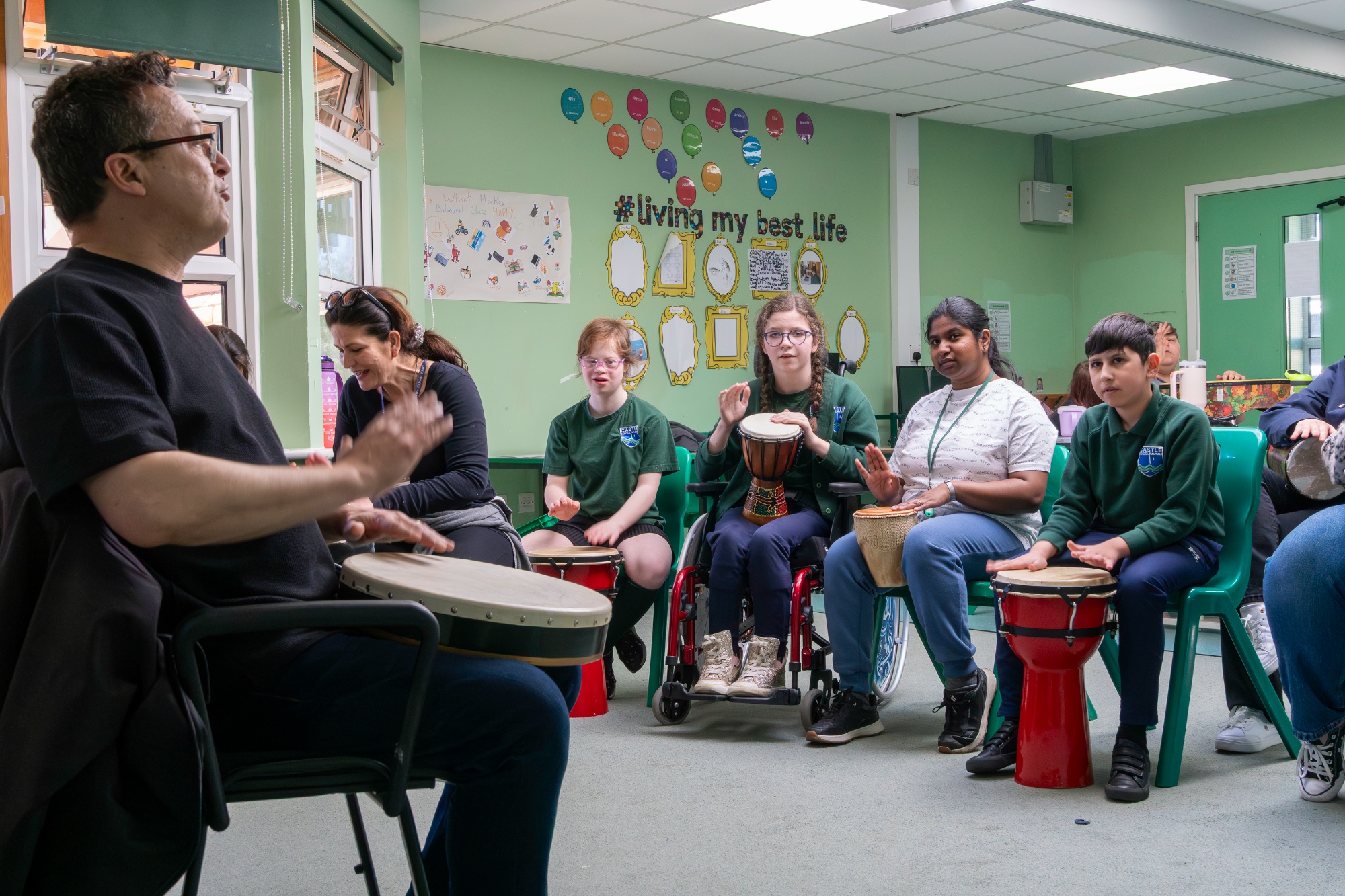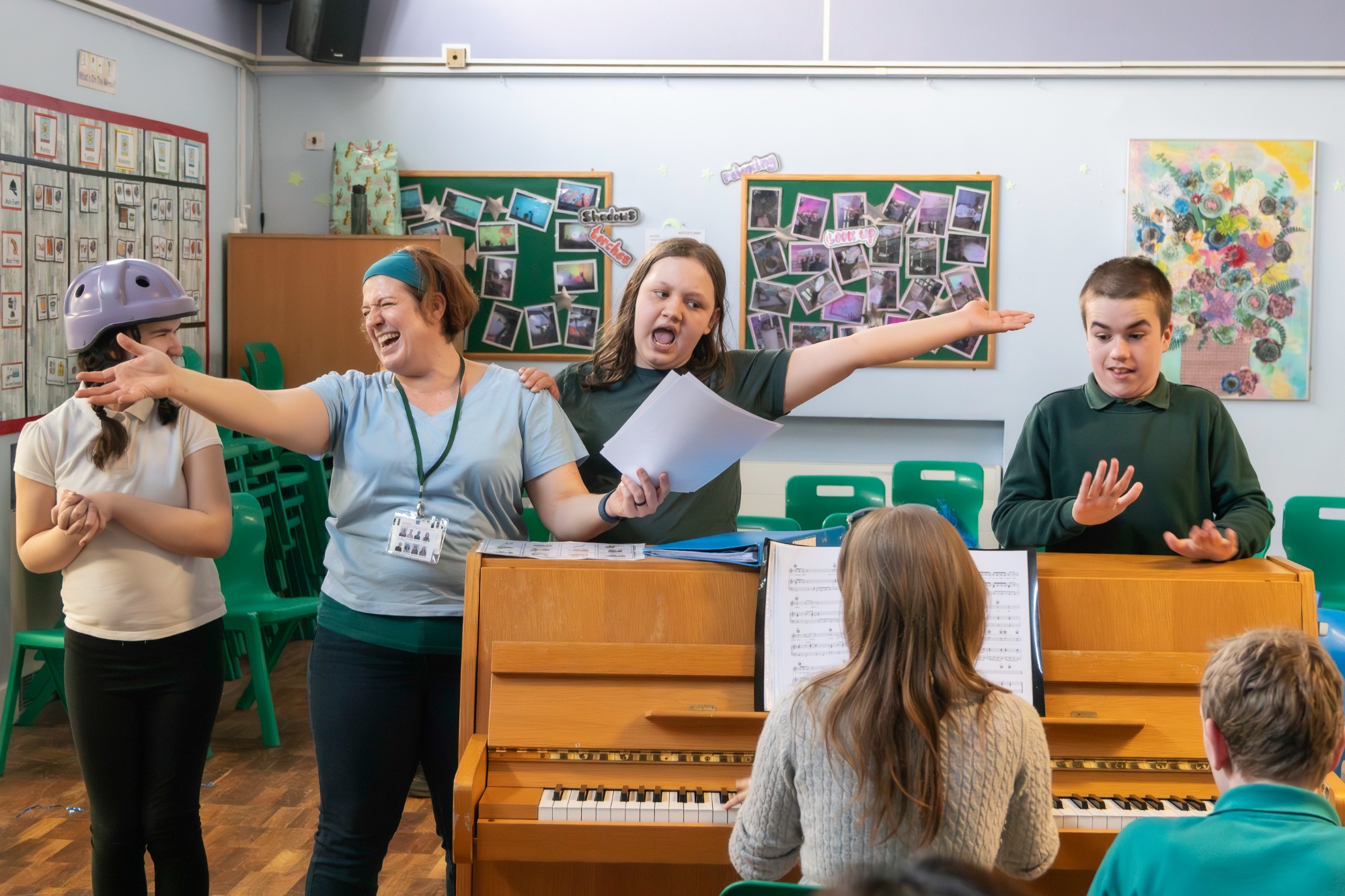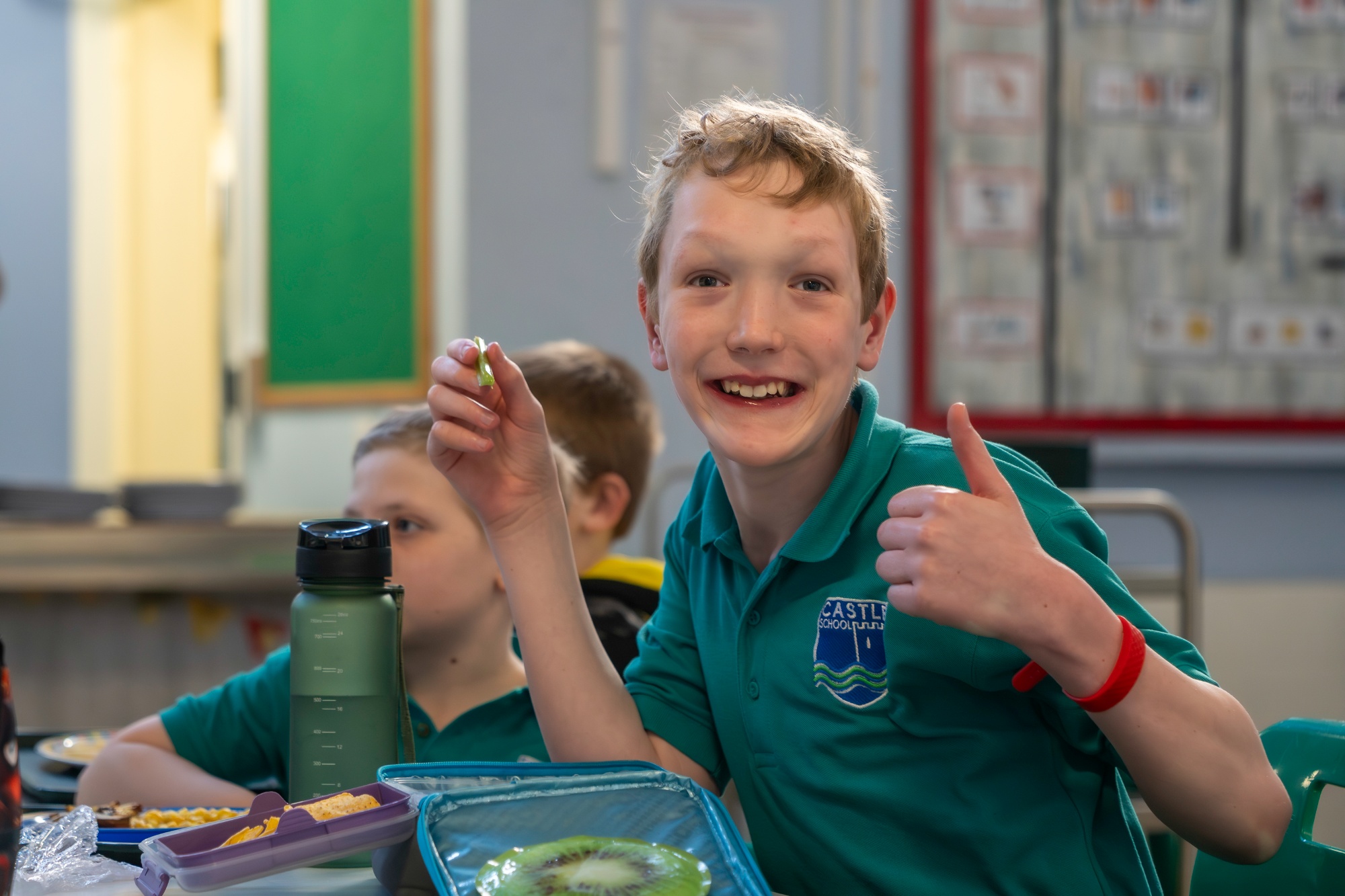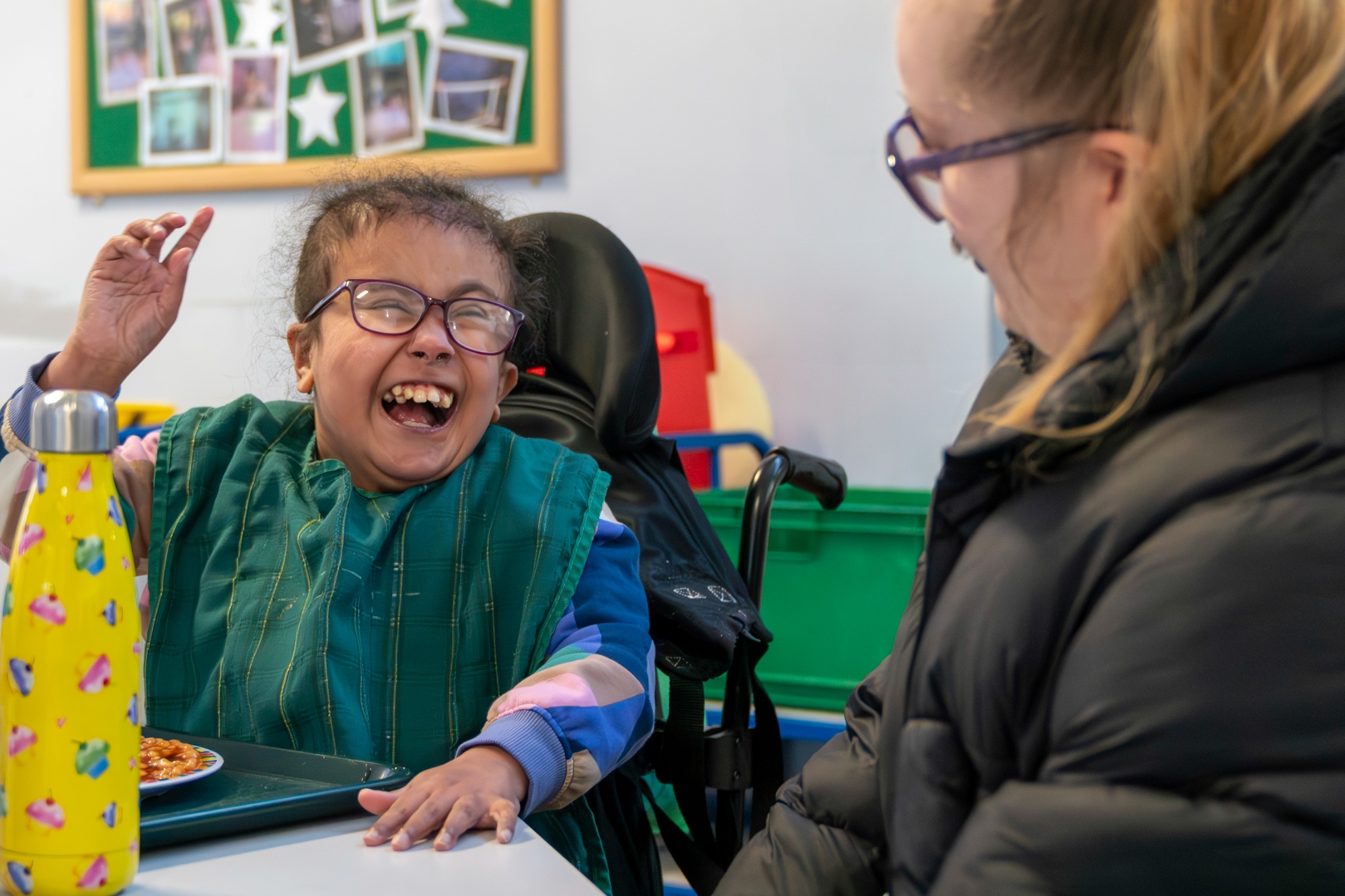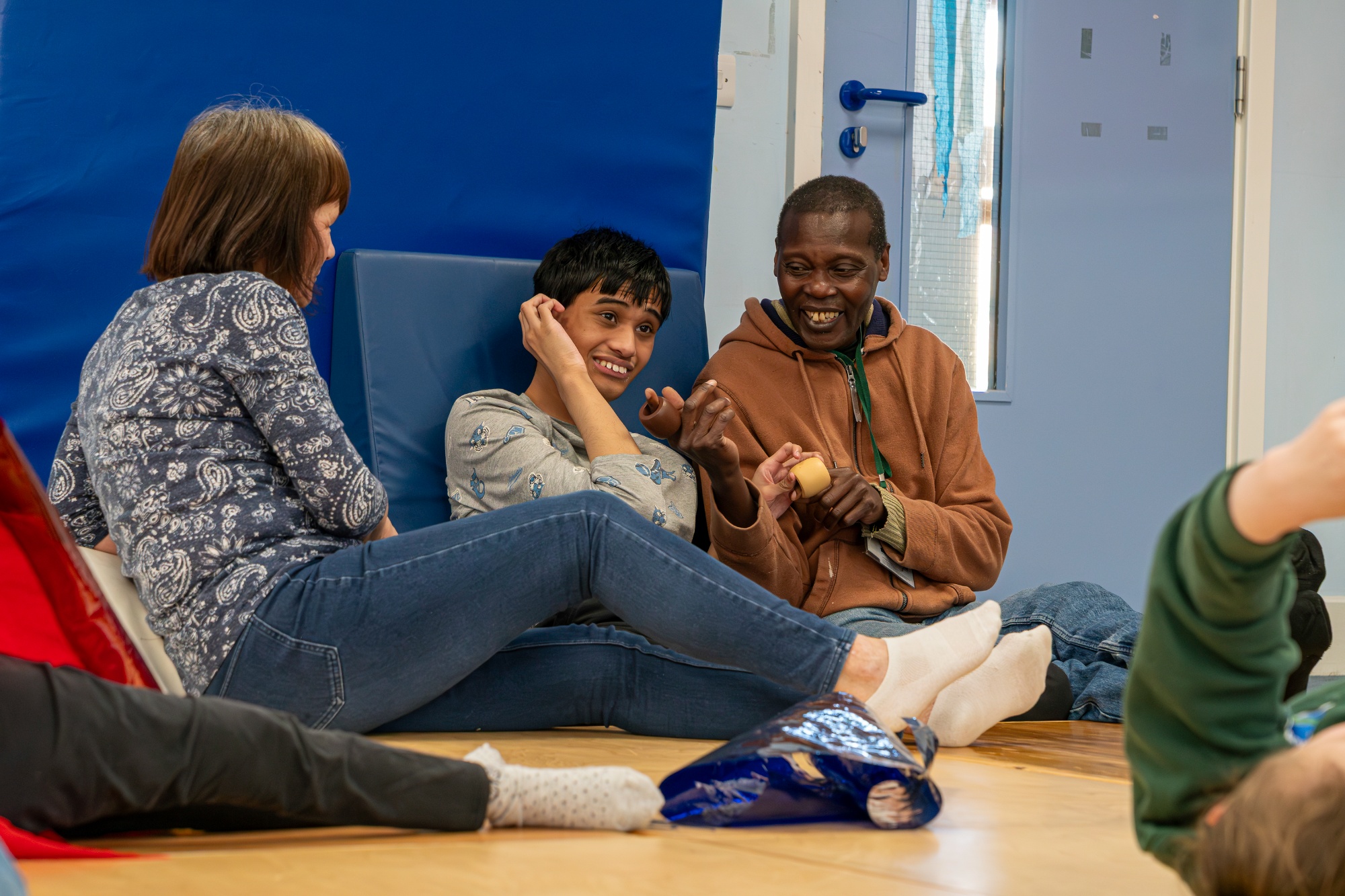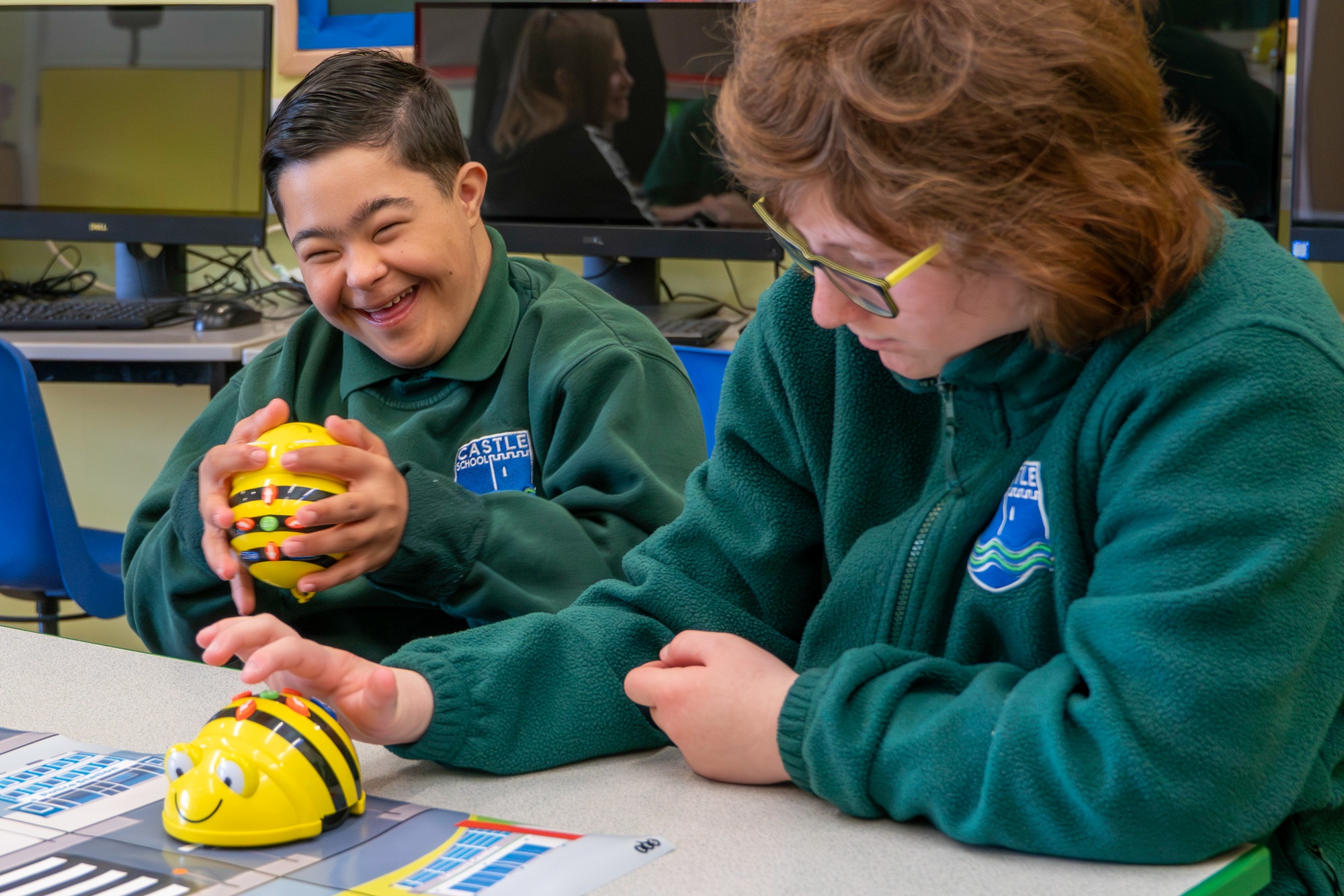Trinity Class
Welcome
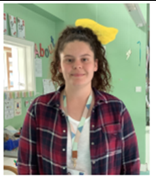
Class Teacher: Beth Jackson

Level 3: Steven Saunders
Trinity Class is a warm, nurturing, and inspiring environment for KS4 and Sixth Form students with complex sensory and behavioural needs. Our focus is on building confidence, communication, and independence through meaningful and enjoyable learning experiences.
We tailor our activities around engagement, sensory exploration, life skills, and individual targets. Students participate in a variety of sessions including community trips, cooking, Attention Autism, PSHE, and themed maths and English work. Each term, we explore a new topic, breaking it down into weekly activities that promote curiosity, social interaction, and personal growth.
Communication is at the heart of Trinity Class. We use a range of tools such as communication aids, symbols, and signing to support every learner’s voice, helping them express their wants and needs. Our Intensive Interaction sessions provide valuable opportunities to connect, build trust, and share joyful moments with friends and staff.
Students in Trinity Class follow the OCR Life and Living Skills Framework, working towards 2-3 different areas each term over three years to gain a qualification. We also conduct yearly assessments aligned with the Engagement Model so that we can meet students at their individual learning levels. We celebrate every achievement, big or small, through regular observations and reflections on Evidence for Learning, highlighting each pupil’s progress and success.
Above all, Trinity Class is a place where we learn through experiences, exploration and positive relationships — because learning is always better when it’s fun!
Class Information
Trinity Class is a class with Pre Formal Pro Active Learners.
Curriculum: Delivered through a range of subject based lessons, cross-curricular experiences, interventions, and targeted approaches. Enriched using themes and texts.
Progress and achievement: tracked and celebrated via Evidence for Learning using PLGs and the Engagement Profile. Castle Maths and English Frameworks where applicable. OCR Life and living skills.
Targets set using AET framework, Communication framework,Castle Rainbows, OCR Life and living skills and advice from other professionals such as SALT and OT.
These are all only a reference and teachers will always think back to the purpose, what difference will the outcome/target make and what will the impact be on the student's future.
Door Sign
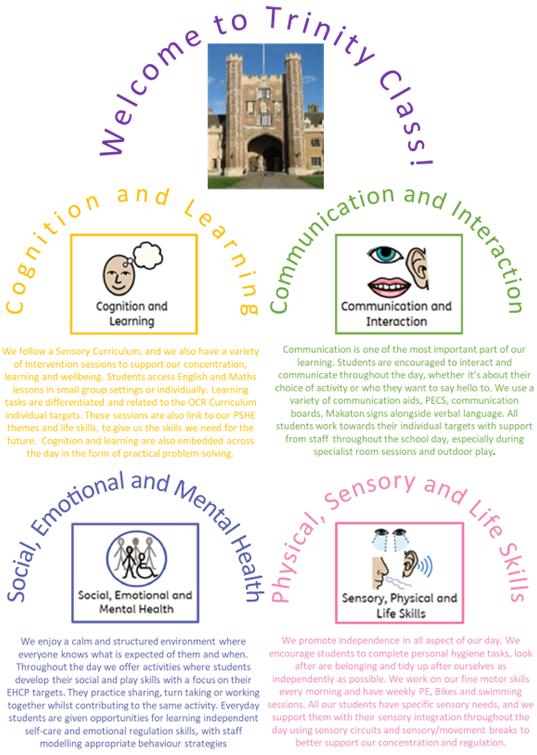
Half Termly Overview
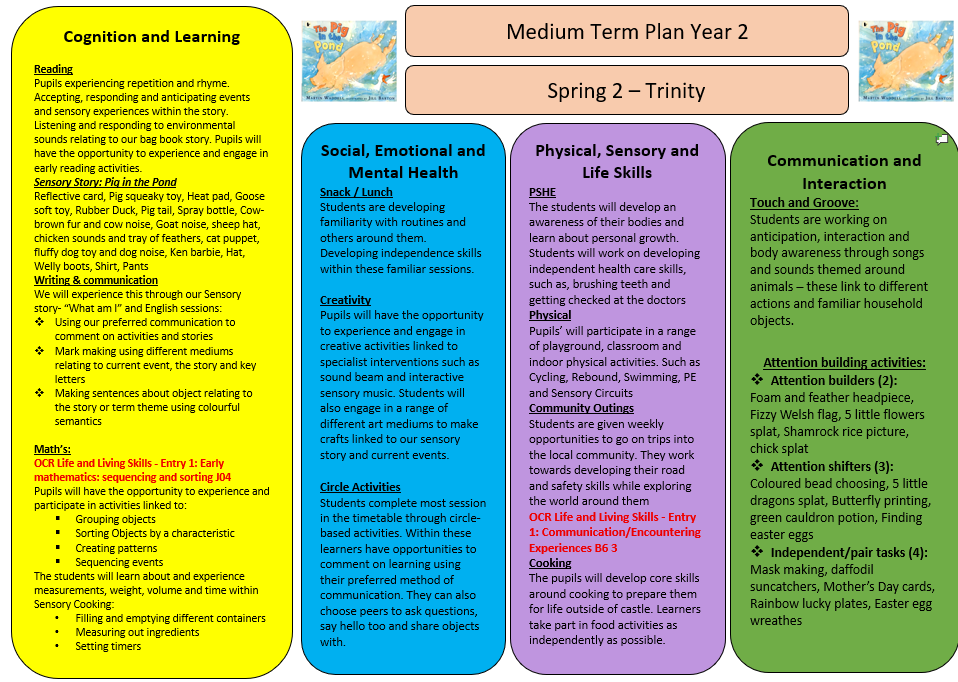
Timetable
